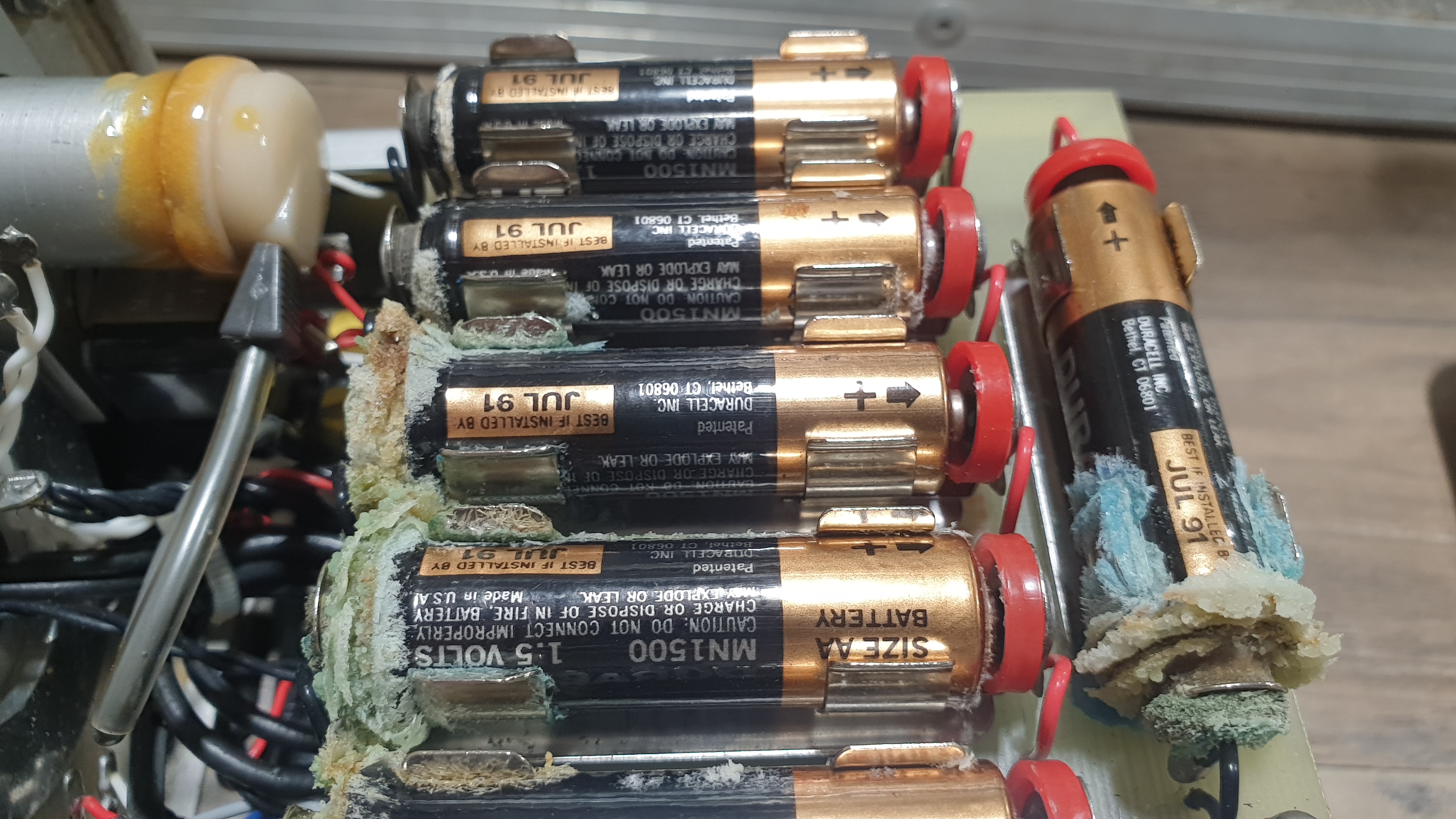this post was submitted on 16 Oct 2024
171 points (99.4% liked)
Electronics
1966 readers
2 users here now
Projects, pictures, industry discussions and news about electronic engineering & component-level electronic circuits.
Rules
1: Be nice.
2: Be on-topic (eg: Electronic, not electrical).
3: No commercial stuff, buying, selling or valuations.
4: No circuit design or repair, tools or component questions.
5: No excessively promoting your own sites, social media, videos etc.
Ask questions in https://discuss.tchncs.de/c/askelectronics
founded 1 year ago
MODERATORS
you are viewing a single comment's thread
view the rest of the comments
view the rest of the comments

I understand the vinegar, but why baking soda?
Neutralize the vinegar after dissolving the corrosion? I've not done that, but seems plausible.
It works. I've done it quite a few times. I have used a Dremel tool to buff the contacts and used a light coating of dielectric grease to prevent further corrosion.
A brush on the dremel?
Yes, wear gloves and eye protection. Those small wires would be a nightmare get out of your skin even more so for the eyes.
I would recommend rinsing the vinegar away with water instead. It's already completely dissolved, but the baking powder might not be if you add that undissolved. You don't want to leave anything behind.
Volcano!
Fizz
Abrasive maybe?